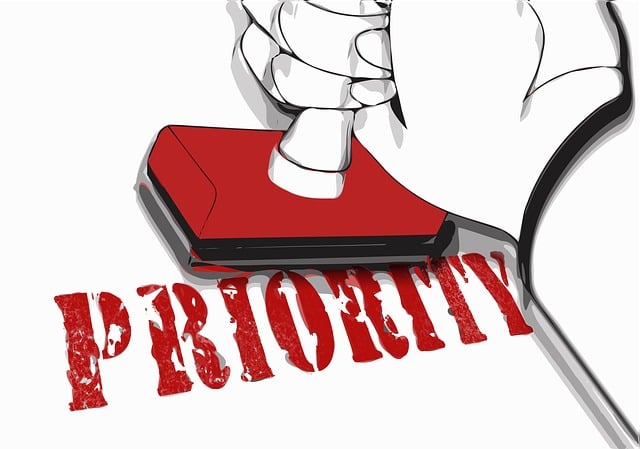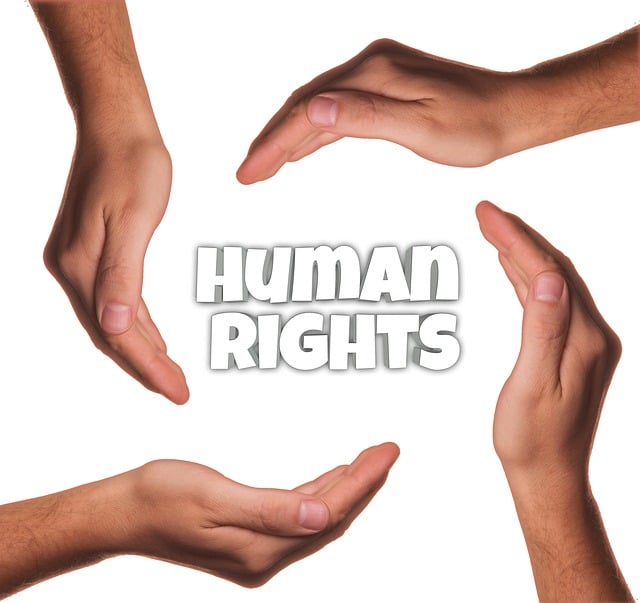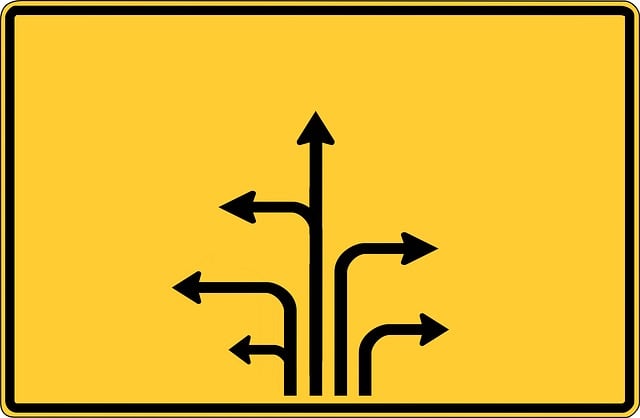Understanding landlord maintenance responsibilities in real estate is crucial for property owners and tenants. Landlords are legally obligated to maintain safe, habitable properties through regular upkeep and clear agreements, avoiding legal issues and tenant dissatisfaction. Efficient communication via multiple contact methods and updates enhances collaboration, benefiting both parties in the real estate sector.
In the dynamic realm of real estate, understanding landlord maintenance responsibilities is paramount for both property owners and tenants. This comprehensive guide delves into the legal obligations that dictate tenant rights and protections, while also offering practical communication strategies for efficient maintenance requests. By exploring these key aspects, homeowners and renters alike can navigate their roles with clarity and ensure optimal living conditions.
Understanding Landlord Maintenance Responsibilities

In the real estate world, understanding landlord maintenance responsibilities is paramount for both property owners and tenants. Landlords are typically required to maintain the physical integrity of rental properties, ensuring they are safe, habitable, and in good repair. This includes regular upkeep such as fixing leaks, replacing faulty appliances, and addressing structural issues. Failure to perform these duties can lead to legal implications and dissatisfaction among tenants.
Knowing what constitutes maintenance is crucial. Landlord-tenant agreements often delineate specific responsibilities, clarifying which tasks are the landlord’s obligation and which fall under the tenant’s purview. Staying informed about local tenancy laws and regulations further ensures landlords fulfill their obligations, fostering a positive rental experience for all parties involved.
Legal Obligations: Tenant Rights and Protections

In many jurisdictions, real estate tenants are granted specific rights and protections by law. Understanding these legal obligations is crucial for both landlords and tenants to ensure a harmonious rental relationship. Tenants have the right to live in safe and habitable conditions, free from dangerous or unhealthy situations. This includes maintenance of common areas, prompt repair of any defects, and adequate heat, hot water, and lighting.
Landlords are legally bound to fulfill these responsibilities, as outlined in rental agreements and local tenancy acts. Failure to maintain the property according to these standards can result in legal action by tenants. Knowing their rights empowers tenants to communicate maintenance needs effectively, fostering a cooperative environment that benefits both parties in the real estate transaction.
Effective Communication Strategies for Maintenance Requests

In the real estate sector, effective communication is key when it comes to maintaining a property. Landlords and tenants should establish clear channels for maintenance requests to ensure timely responses. A simple yet powerful strategy involves creating a structured system where tenants feel comfortable reporting issues promptly. This could be as straightforward as providing multiple contact methods—email, phone, or an online portal—for tenants to log maintenance needs.
Regular updates are equally vital. Landlords should acknowledge receipt of requests and offer estimated response times. Keeping tenants informed demonstrates responsibility and respect for their living environment. Additionally, open dialogue allows landlords to gather valuable feedback on the maintenance process, fostering a collaborative relationship that benefits both parties.






